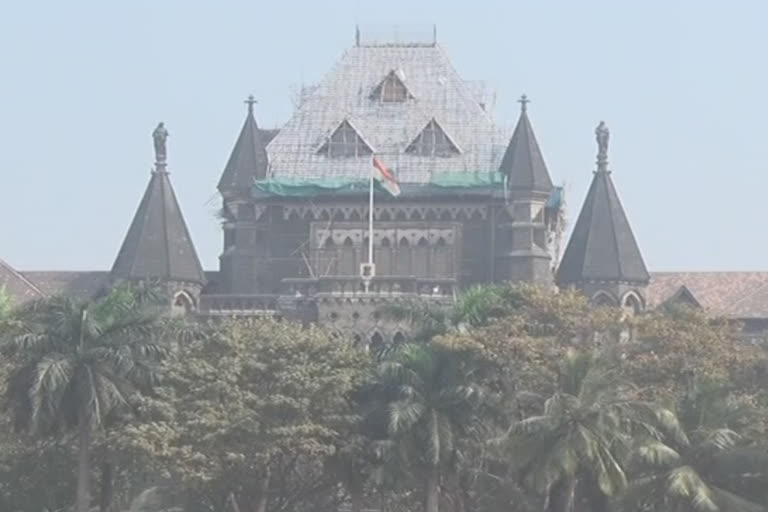Mumbai: The Bombay High Court has quashed and set aside the conviction of a 19-year-old man in a rape case, holding that only the testimony of the victim cannot always be considered as adequate evidence.
A single bench presided over by Justice Revati Mohite-Dere held that the victim's testimony in such cases must be cogent and reliable. And if such testimony did not "inspire confidence", then the man deserved to be given the benefit of doubt, she said in her order.
Justice Mohite-Dere passed the judgement in the case last month, but the details of her order were made public only earlier this week. She was hearing an appeal filed by Sunil Shelke, a resident of a village in Maharashtra's Thane district.
Shelke had challenged a 2014 order of a local court that convicted him for the offence of rape and sentenced him to seven years' imprisonment. As per the petition, the alleged incident took place in March 2009.
According to the victim, while everyone in her village was celebrating Holi, Shelke and two of his friends "dragged her" to a secluded place near a river where he raped her.
She was able to return home the next morning and informed her family about the incident.
An FIR, however, was registered only a month later and it also came to light that before the incident, the victim and Shelke were set to get married.
Shelke denied the charges against him and claimed that because their plan to get married did not work out for some reasons, the victim and her family accused him of rape.
The high court said the victim failed to give a cogent account of what happened to her on the day of the alleged incident and that the medical reports also had not revealed any injuries to her.
The court said the sole testimony of the victim could not be relied upon as there had been talks of her marriage with the accused before the incident.
"Legally, there is no impediment in convicting an accused based on the sole testimony of the prosecutrix (victim). However, what is required to be seen is, whether the testimony of the prosecutrix inspires confidence and is trustworthy and reliable," the court said.
"The evidence on record suggests the appellant (Shelke) and prosecutrix were out together that night and prior to the incident, there were talks of their marriage and the same was known to the villagers," the judge said.
In this background, having regard to the evidence, the possibility of the appellant being falsely implicated for rape cannot be ruled out, as the marriage did not materialise, the court said, while quashing Shelke's conviction and sentence.
Also read: HC asks Maha govt about steps taken to tackle drought



